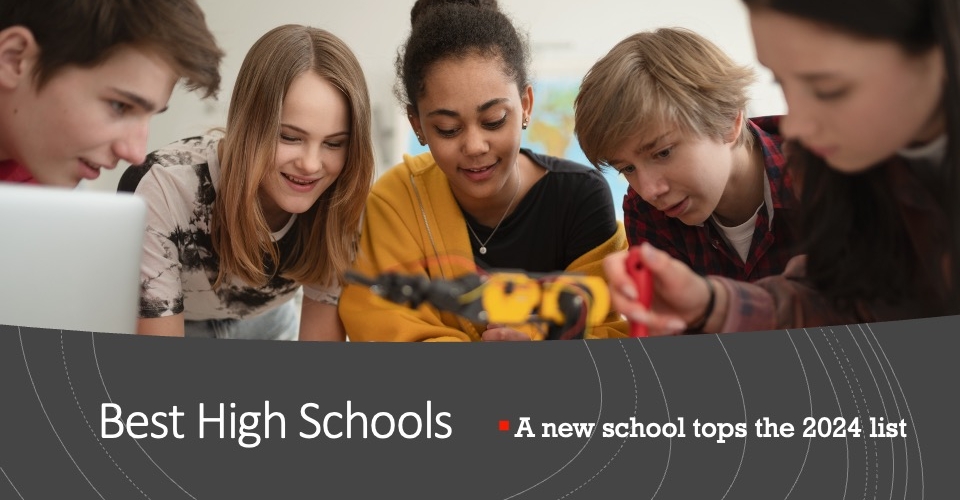It’s an exciting time for educators as innovative technologies and edtech solutions continue to evolve at such a rapid pace as the pandemic exacerbated the need for tailored methods of instruction to meet the needs of every student. However, it’s also a time of uncertainty, specifically surrounding the concept of artificial intelligence and whether it deserves a place in K12 education. As the 2023-24 school year begins, it’s safe to say that AI is certainly gaining territory in the education sphere.
Despite initial fears surrounding concerns of plagiarism and academic dishonesty, educators are starting to embrace generative AI tools like ChatGPT now that they’ve had some time to experiment with the chatbot. In fact, many are using it to streamline their jobs so they can focus on what matters most: their students. Additionally, updated guidance on the topic has made it easier for education professionals to understand the technology and how exactly it should be implemented in the classroom.
Yet, to say that teachers aren’t taking any sort of precautions would be misleading. Around half of educators plan on requiring handwritten assignments this year to combat ChatGPT use and plagiarism, according to a recent survey from Intelligent. Similarly, critics have argued that the tool should be used primarily as a study tool rather than a method for cheating, and for good reason, new research suggests.
According to a new analysis from Copyleaks, an AI-based plagiarism and AI content detection software company, the content generated by ChatGPT-3.5 is likely to include some form of plagiarized content when the tool is used for essay writing.
This conclusion is based on their analysis of more than 1,000 essays leveraging 412 related to 26 popular K12 subjects. According to the data, nearly 60% of all outputs contained “some form of plagiarized content,” and nearly 46% of all outputs “contained identical text.”
More from DA: 3 FETC sessions for administrators looking to become better champions of technology
Interestingly, some subjects were more likely than others to contain plagiarized content with physics containing the highest average “similarity score.”
- Physics:31.3%
- Psychology: 27.7%
- Science: 26.7%
- Chemistry: 23.3%
- Computer Science: 23.1%
ChatGPT-3.5 outputs relating to physics were also more likely than any other subject to contain identical plagiarized text, followed by chemistry, science, psychology and law.
Oppositely, subjects like theater, humanities, English language, social science and music ranked among the lowest for their similarity scores, suggesting that educators in certain subjects ought to take a closer look when assessing student essays.
- Music: 7%
- Social Science: 5.5%
- English Language: 5.4%
- Humanities: 2.8%
- Theater: 0.9%
“[T]he data underscores the need for organizations to adopt solutions that detect the presence of AI-generated content and provide the necessary transparency surrounding potential plagiarism within the AI content,” the analysis reads.
Educators and administrators should instead find ways to incorporate AI into the classroom by finding ways to promote the technology as a study aid or as an enhancement to learning. For instance, OpenAI, the makers of ChatGPT, recently published guidance titled, “Teaching with AI,” where they highlight some of the best ways to use ChatGPT in the classroom while addressing its limitations and the efficacy of such technology as it relates to education.









